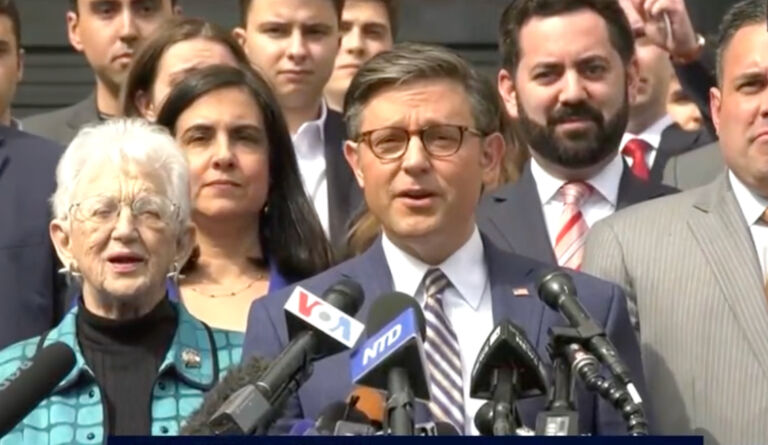An Ipsos/Reuters poll from last week showed that 38 percent of Americans have a favorable view of the Occupy Wall Street protests. Twenty-four percent have an unfavorable view. Other polling has shown similar results. I would caution again assuming too much from those numbers.
One big reason for the popularity of OWS is that it’s largely an unknown entity. According to one survey, the goals of OSW are unknown to 60 percent of Americans. As a result, our country is still in the infatuation phase of the relationship, during which we can project idealistic qualities onto the movement at whim.
But as time goes on, and the movement either fizzles out or gains a more concrete set of creeds and a more specific allegiance to politicians, the approval rating will go down. That’s why it’s unfair for pundits to claim that OSW is more popular than the Tea Party. The latter has been around for over two years and is a known entity; the former is brand new and remains largely an enigma, aside from a general sense of anti-corporatism that most Americans can sympathize with.
Try to search for a cohesive list of principles for OSW. You won’t find any. There are different goals floating all over the Internet, but nothing that is generally agreed upon.


